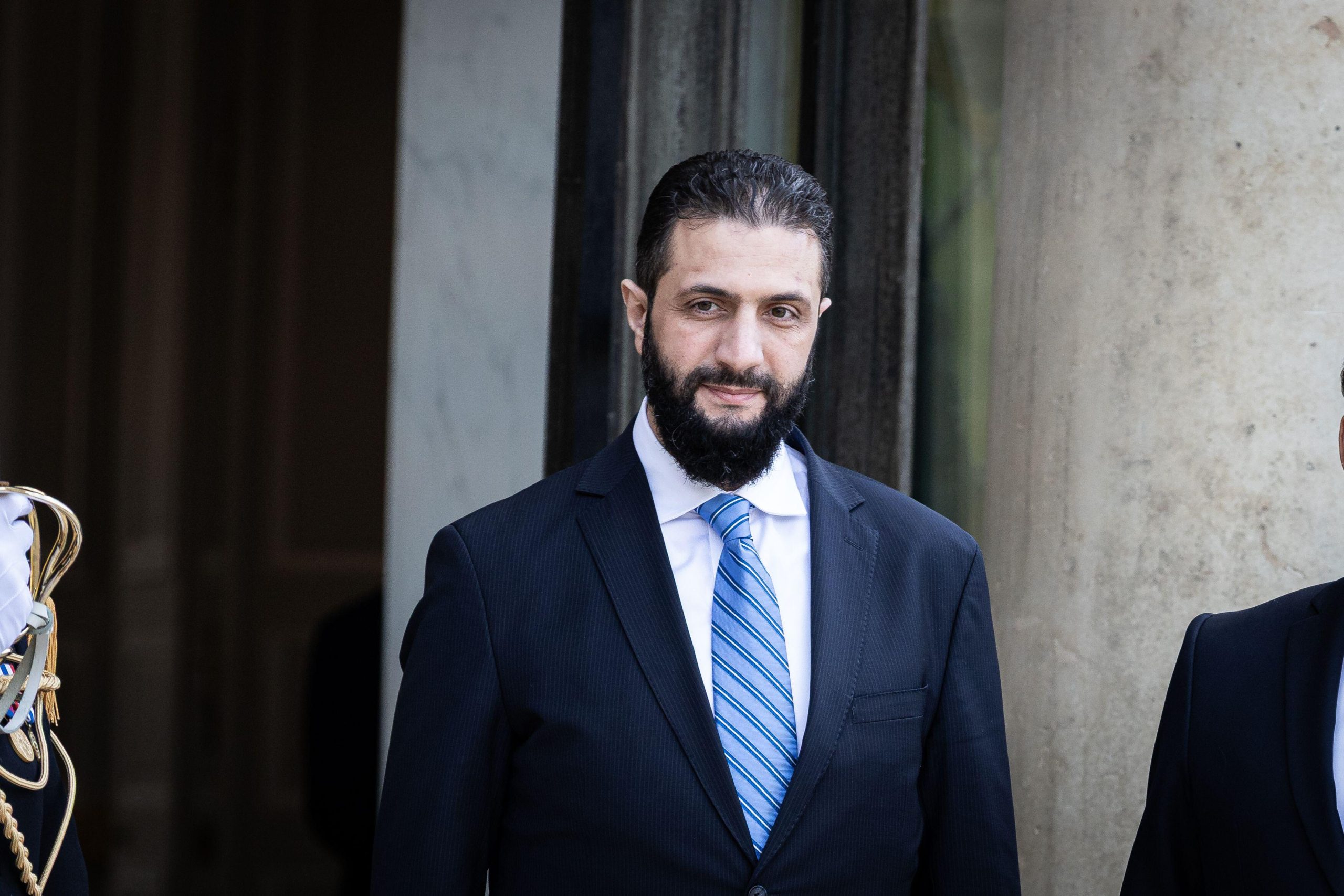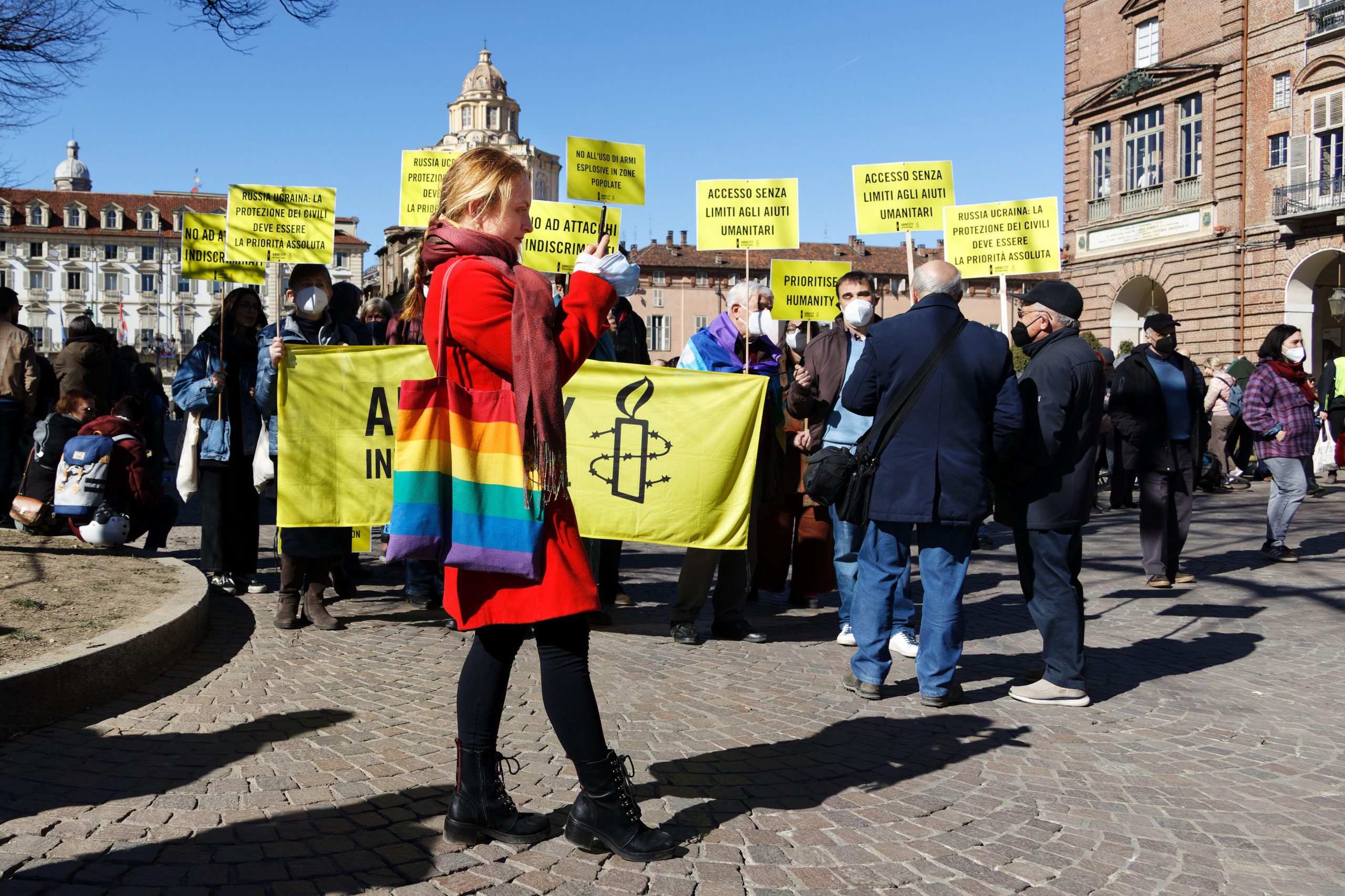Egypt’s post-revolutionary honeymoon appears to be over. The country’s euphoria and pride at the historic public uprising that ousted President Hosni Mubarak has given way to a summer of rising pessimism.
Relations have deteriorated between activist groups and the Supreme Council of the Armed Forces (SCAF) — the collection of senior generals that has ruled the country since Mubarak’s forced February 11 resignation. Despite promises of a smooth transition to civilian rule, the military has proven itself to be slow to implement meaningful reform and remarkably thin-skinned regarding public criticism. Journalists and activists who publicly criticise the SCAF’s performance have been summoned for questioning and at least one blogger has been jailed for the crime of defaming the military.
After protesters attacked the Israeli embassy on September 9, the SCAF responded with a warning to the country’s feisty post-revolutionary media. Minister of Information Ossama Heikal invoked Mubarak era rhetoric in promising that any newspaper or channel that “endangers the stability and security of the country” would be firmly dealt with.
Alarmingly, the SCAF seems to have inherited the Mubarak regime’s fixation with Al-Jazeera. On September 11, security forces raided the offices of Al-Jazeera Mubasher Misr (Al-Jazeera direct Egypt) a specialised 24/7 Egypt news channel that Al-Jazeera founded after the revolution. Two days earlier the channel had broadcast wall-to-wall coverage of the Israeli embassy assault and the violent street clashes that ensued.
As of late September the SCAF had finally begun to set dates; fresh parliamentary elections that will herald the first step towards that long-promised transition will begin in late November and continue for a month. But skepticism and, at times, hostility towards the SCAF’s intentions is still running high
Among the activists, things aren’t much better. The fragile unity between Islamists and secularists that helped personify the revolution didn’t last long. By mid summer, both sides were exchanging recriminations, with the secular activist forces charging that the Muslim Brotherhood was railroading the country into early elections where they would hold a natural organisational advantage.
In mid-September, Wael Ghonim, the Google Executive who became an iconic face of the revolution, made headlines by writing an open letter to Field Marshal Mohammed Tantawi, the Mubarak-era Defense Minister who heads the SCAF. Ghonim’s letter criticised the pace of reform and the lack of a definitive transitional timetable. His complaints were not new, but the source was significant. Ghonim, was one of the most prominent voices among the hardcore Tahrir activists who still professed faith in the SCAF’s leadership long after many of his compatriots had turned against the generals. Following the revolution, many of his own fellow revolutionaries wrote Ghonim off as a SCAF apologist. His emergence as a public critic heralds a potentially volatile new phase that could culminate in a second revolution.
Among ordinary citizens, a mood of post-revolutionary fatigue was setting in. In addition to what seemed to be a looming new confrontation with SCAF, crime was on the rise, the economy was still sputtering and the newfound freedom of expression seemed to produce a lot of people shouting accusations at each other.
It is too early to tell where this is going. And there are many on the scene to retain an enduring sense of optimism for the future. Alaa Al Aswany, author of the best selling novel The Yacoubian Building and a longtime courageous political columnist, says the SCAF is in danger of bungling the post-Mubarak era.
“I don’t want to speculate about about (SCAF’s) intentions. But their decisions have been against the Egyptian revolution,” Aswany told me.
The author openly rejects the idea that the SCAF could succeed in derailing the transition to democratic civilian rule.
The Military Council is not going to rule Egypt. If they try, they’re making a fatal mistake. Because there’s an element that has changed, the most important element — the Egyptian people. They will never accept it again
Aswany, despite his criticisms of SCAF’s performance, sounded sympathetic with the generals—who didn’t ask to be in this position and seem to detest being suddenly thrust into a noisily democratic Egypt where their own decisions are subject to public debate.
“You’re talking about a military mentality. It’s the first time anyone has tried to discuss anything with them,” Aswany said. “A normal military general, he’s either giving orders or receiving orders and carrying them out. The idea that we can sit down together and I tell him, ‘This decision was wrong.’ It’s outside of their culture.”
Others remain optimistic, describing Egypt’s rocky post-Mubarak months as a necessary process. “What you’re seeing now is a lot of pus coming out of the wound,” Mohammed ElBaradei told me. “It’s natural and it has to happen before the real healing can begin.”
Ashraf Khalil’s first book, Liberation Square: Inside the Egyptian Revolution and the Rebirth of the Nation, will be published in January 2012 by St Martin’s Press




